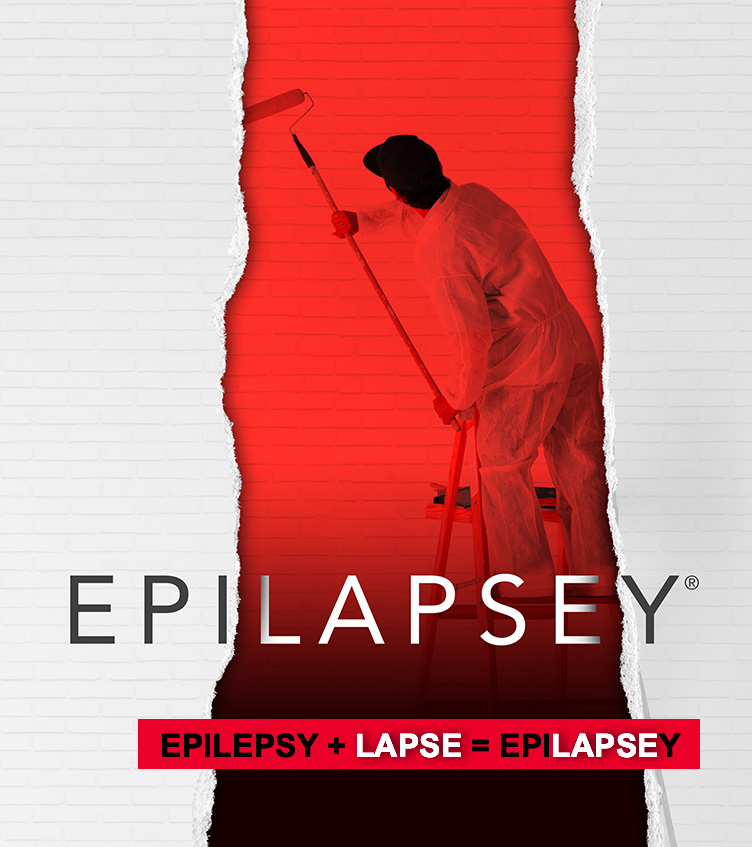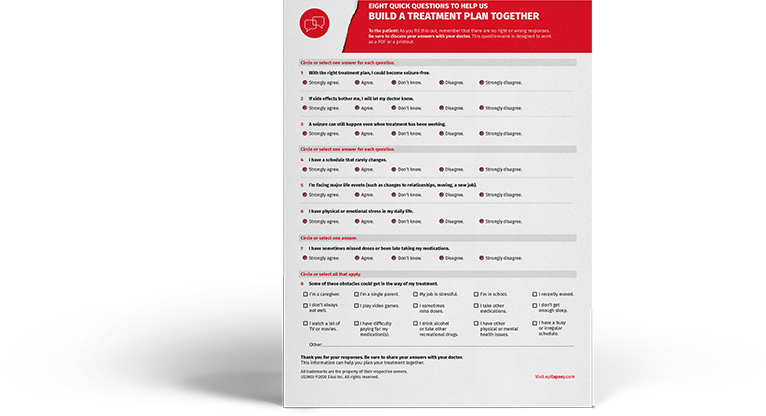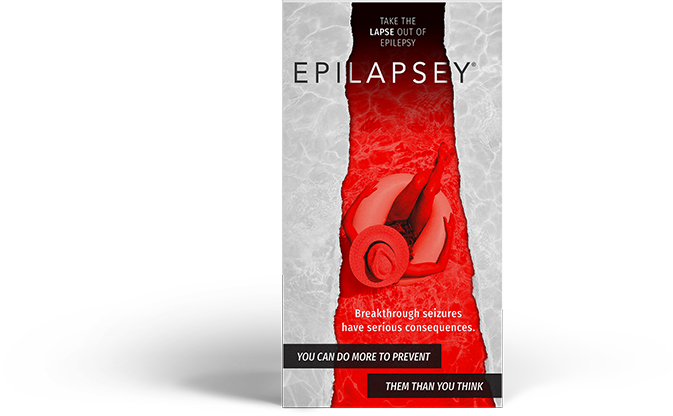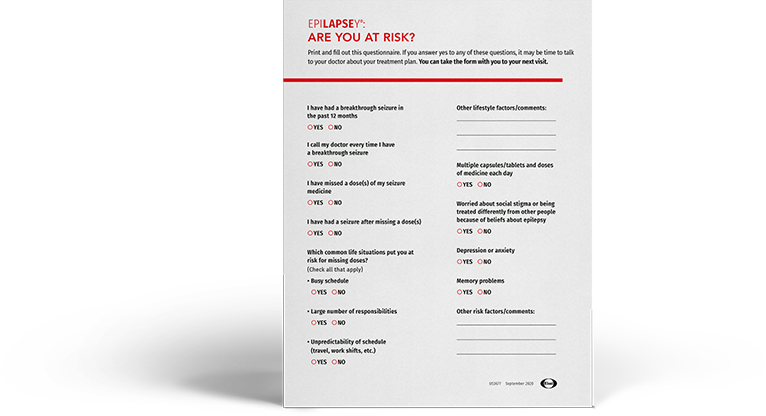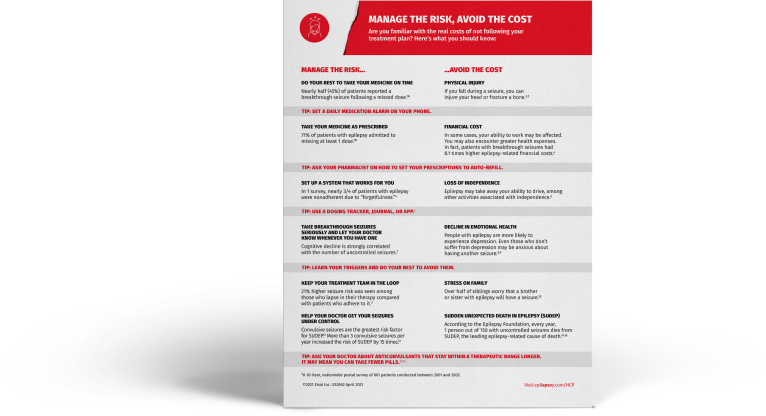"Controlling
seizures is not
enough. Whenever
possible, we aim
for complete
seizure freedom."
—Imad Najm, MD, Director
of the Epilepsy Center
at Cleveland Clinic


